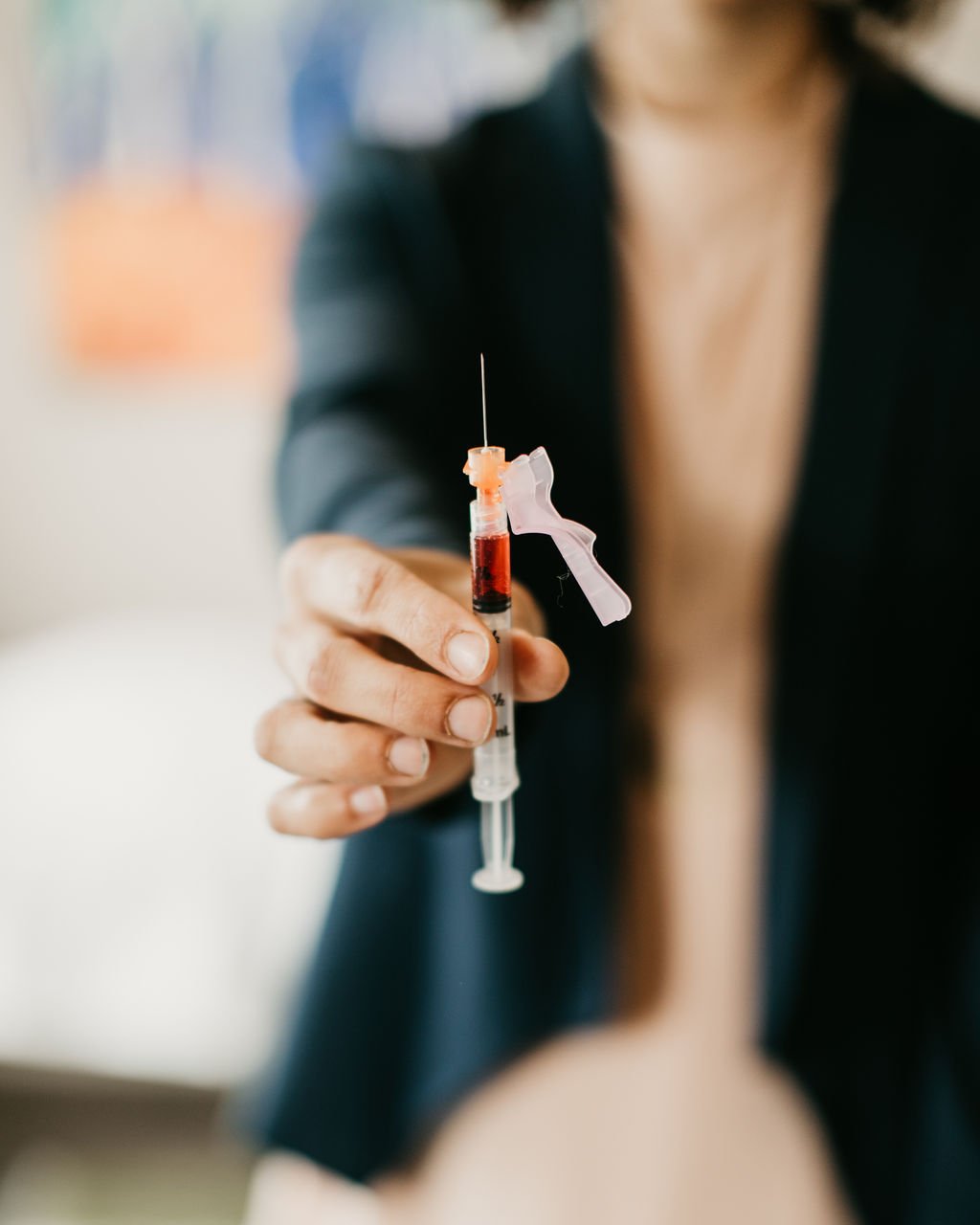What is Vitamin B12 & Will it Give me Energy?
I have many patients that will say, ‘ Oh and I've started taking B12 for energy,’ but don’t really understand it, so let’s break it down.
Vitamin B12 is naturally found in animal products - primarily meat, although some vegetarian products are fortified with it. It is required for neurological function, DNA creation, red blood cell formation, homocysteine regulation (an amino acid recognized as a marker for a number of diseases), and acts as a cofactor for several processes in the body.
Symptoms of B12 deficiency can include: decreased cognitive function (memory, understanding, focus), fatigue, depression, anxiety, nerve issues, weakness, constipation, soreness of the mouth or tongue, etc. There are also certain drugs and health conditions that can increase the likelihood of developing a B12 deficiency, such as: alcohol abuse, antacid use, smoking, celiac disease, other digestive concerns, pregnancy, a strict vegetarian or vegan diet, and even natural aging.
Having these symptoms does not mean you’re low or that you’ll benefit from more B12, BUT if you’re low, you will likely see these symptoms improve! Vitamin B12 levels can be checked with a simple blood test. This is a test that I can order (not OHIP covered when I order) for $18. While the ‘normal range’ is typically between 138-652pmol/L, the reality is that many patients feel better if B12 levels are in the higher end of that range. B12 is stored quite well by the liver, so sometimes, we don’t see deficient levels on blood work, even in someone who might be experiencing low intracellular levels of B12.
If B12 is deficient or low/normal, you may benefit from supplementation. I have many patients in this category that notice improvements in mental clarity, sleep quality, mood and energy from their B12. However, If blood levels are good (and you hadn’t taken B12 before your bloodwork), you will likely not get extra benefit from extra B12 - meaning it’s not going to help boost your energy.
Supplementation should be done sublingually (under the tongue) or through intramuscular injections. Sublingual supplementation is a good choice for many people, but in those with digestive concerns, very low levels, or a family history of pernicious anemia - intramuscular injections are highly recommended as they BYPASS the digestive tract - they go right into the bloodstream to boost things quickly. We know that you’ll absorb it.
Who needs B12 injections and how often they are needed depends on the individual patient, their blood levels, contributing factors, and their symptoms. For many people with a history of low B12 there likely needs to be some sort of maintenance regime unless we know the B12 was low because of a dietary choice at that time (i.e. not eating meat) or a medication they’re no longer taking.
Concerned about your B12 levels? Let’s test and assess!

